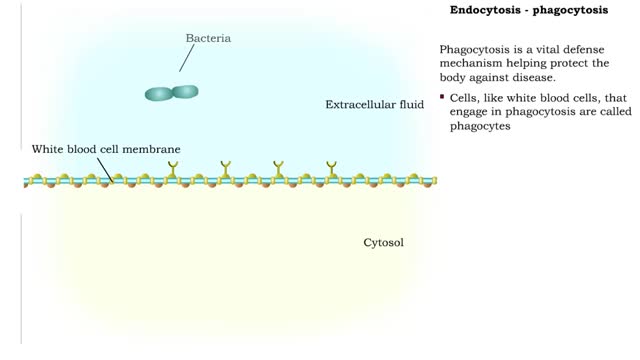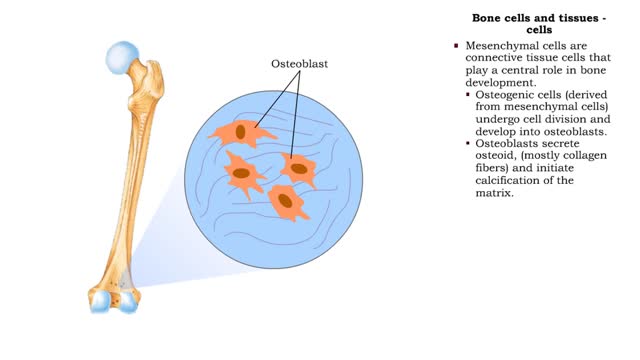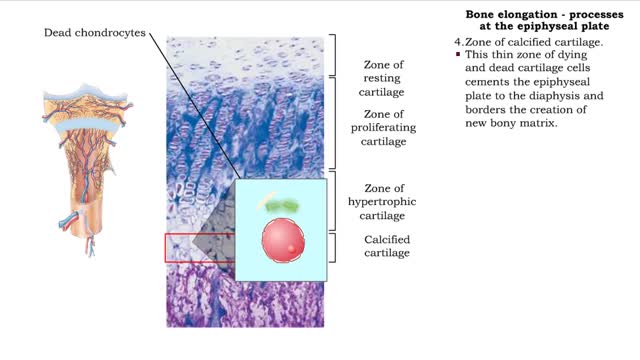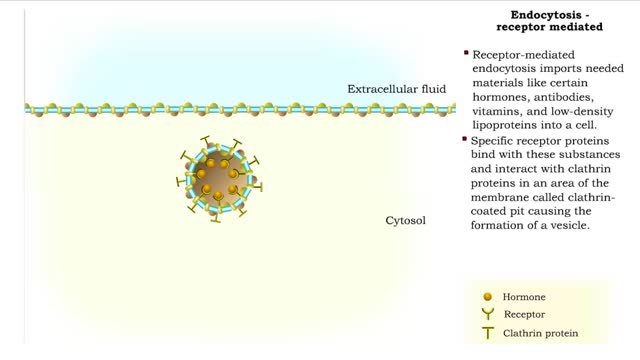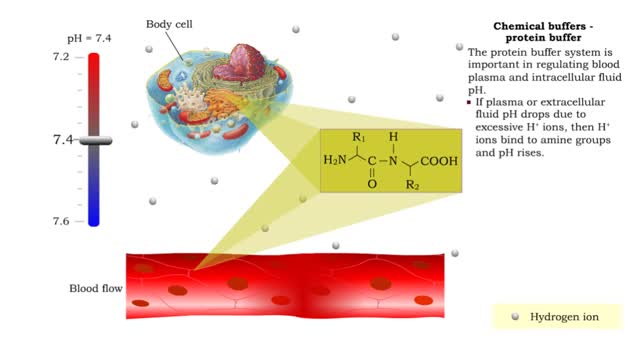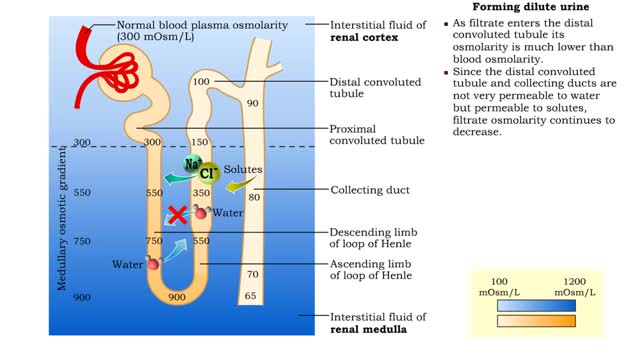Search Results
Results for: 'reverse osmosis explained'
Endocytosis -Types and Phagocytosis
By: HWC, Views: 11574
Endocytosis is the process by which a substance is brought inside a cell without having to pass through the cell membrane. It is the opposite of endocytosis, the process by which substances exit the cell without having to pass through the cell membrane. Exocytosis – membrane-enclosed secret...
Bone cells and tissues - tissue composition and cells
By: HWC, Views: 12326
Bone tissue consists of bone cells secreting bone matrix. • The extracellular bone matrix is a connective tissue that is hard, yet flexible. • Collagen fibers provide flexibility. • Inorganic mineral salts (primarily calcium phosphate, or hydroxyapatite) provide hardness. • Togethe...
Bone elongation - processes at the epiphyseal plate
By: HWC, Views: 11696
• Interstitial lengthening occurs in only certain bones, primarily those of the appendages. • Such lengthening takes place at the epiphyseal plate, a layer of hyaline cartilage in the metaphysis of a growing bone. 1. Zone of resting cartilage. • Consisting of a hyaline cartilage pa...
By: Administrator, Views: 14497
Alzheimer's disease (AD), also referred to simply as Alzheimer's, is a chronic neurodegenerative disease that usually starts slowly and gradually worsens over time. It is the cause of 60–70% of cases of dementia. The most common early symptom is difficulty in remembering recent events. As the d...
Endocytosis - pinocytosis, receptor mediated and Transcytosis
By: HWC, Views: 11409
Pinocytosis is the process in which a cell "drinks" a tiny droplet Of extracellular fluid, including its solutes. Pinocytosis (Cell Drinking) is the process by which the cell takes in fluids (as well as any small molecules dissolved in those fluids). • The plasma membrane folds inward to...
Chemical Buffers - protein buffer, phosphate buffer system and bicarbonate buffer system
By: HWC, Views: 11730
• There are a variety of chemicals in body fluids that prevent the fluids from undergoing large changes in. • These chemicals buffer or regulate fluctuations in H+ concentration. • Chemical buffers: • Bind to H+ ions when there are too many in a solution so pH remains normal. •...
Forming urine ( influencing factors), Forming dilute urine & Forming concentrated urine
By: HWC, Views: 12007
• The amount of urine produced by the nephron depends on : • Body fluid volume. • Body fluid composition. • Dilute urine is formed when the body is normally hydrated. • The medullary osmotic gradient determines the osmolarity of the filtrate. • Filtrate osmolarity increase...
Advertisement



